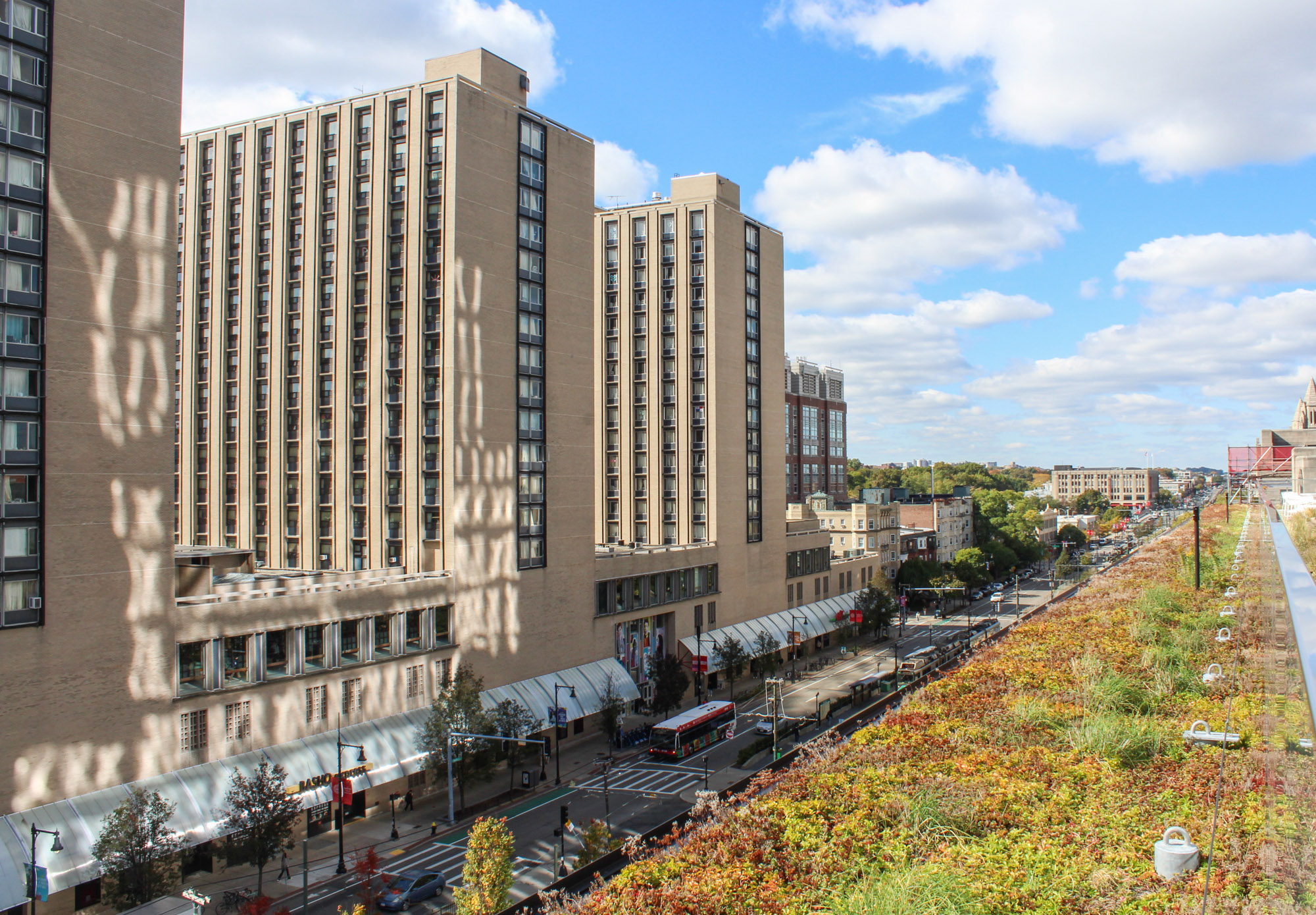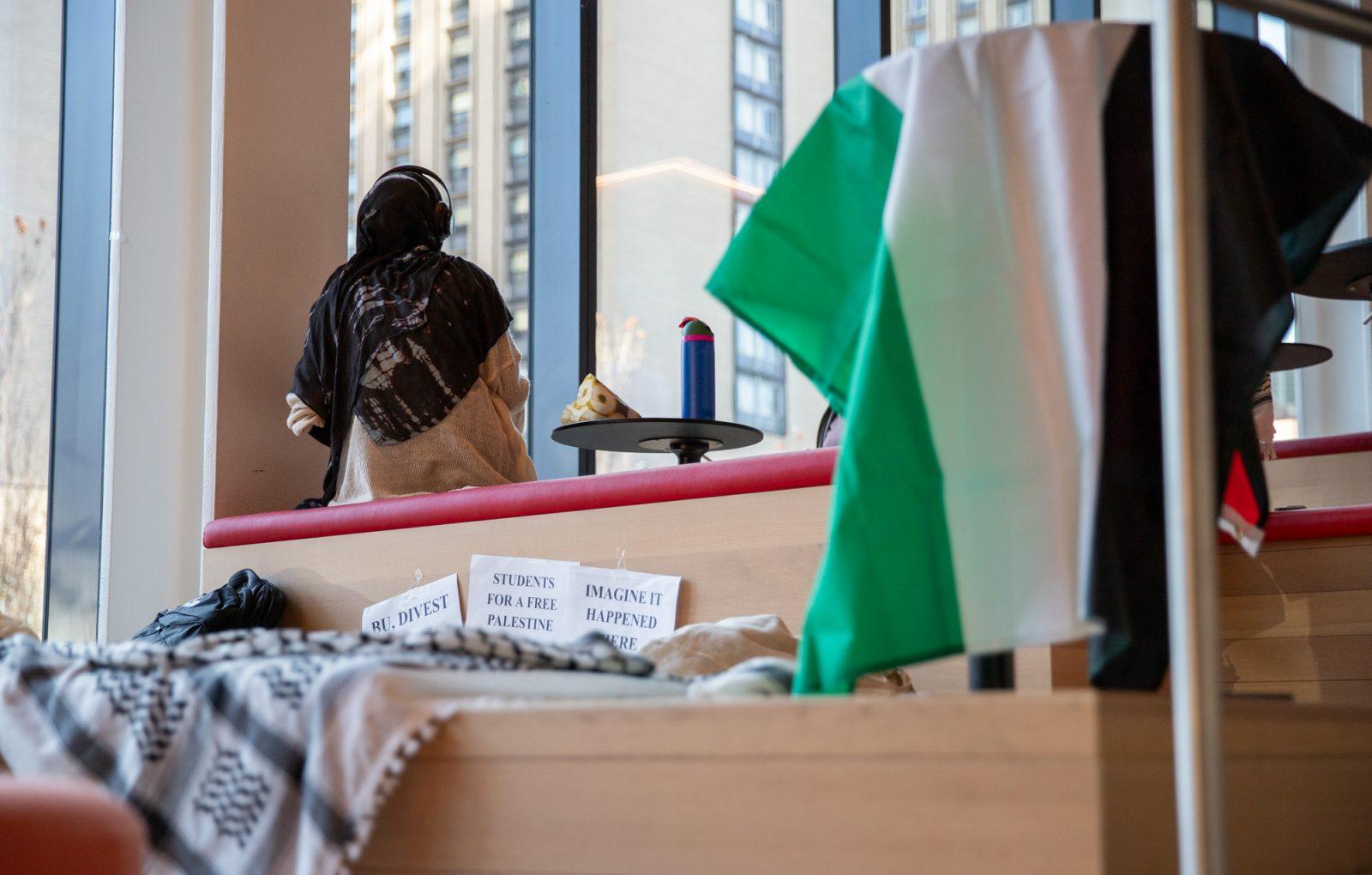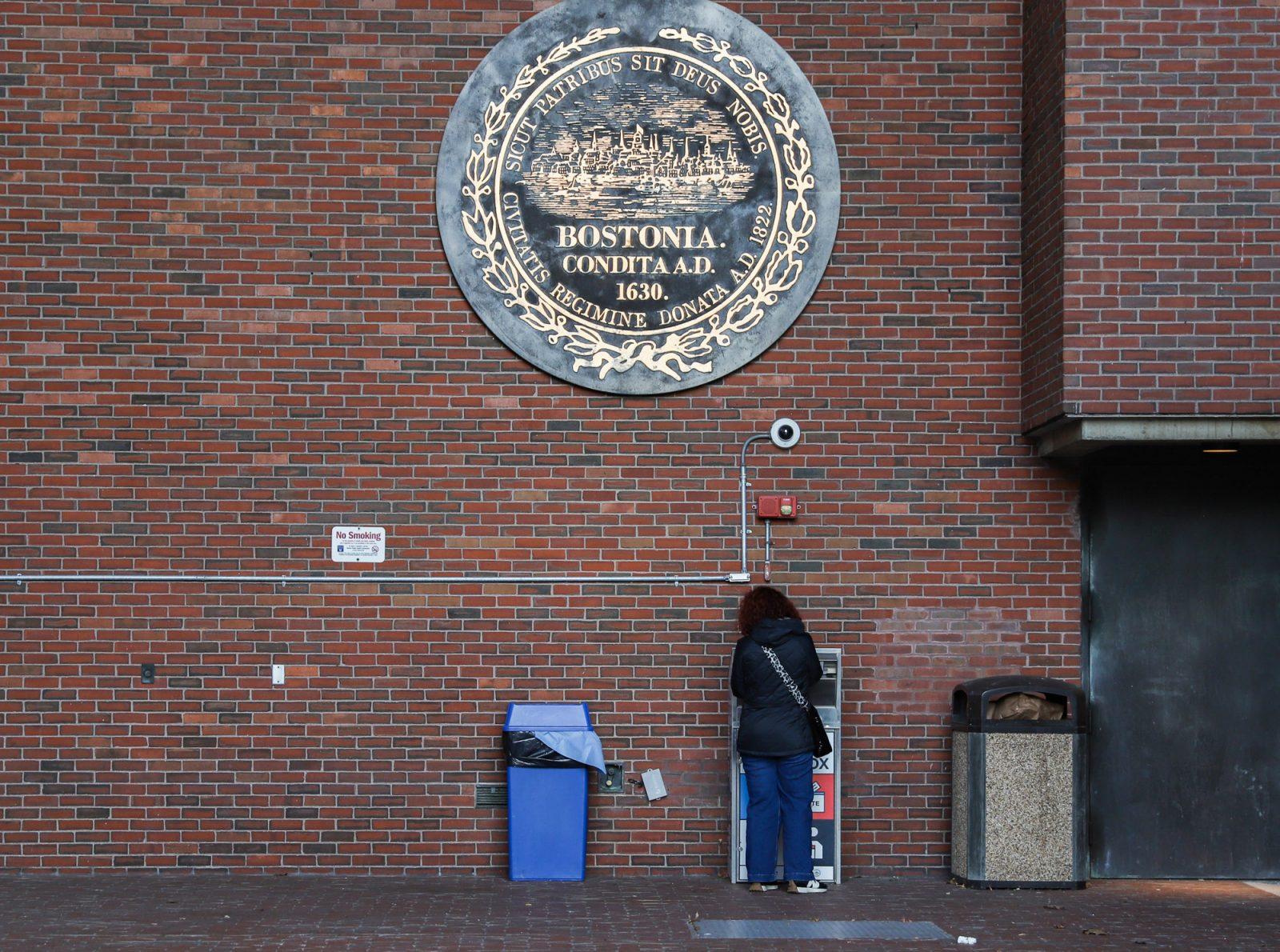A class-action complaint has been filed against the College Board and 40 private universities in the United States, including Boston University. The complaint and its corresponding lawsuit accused the universities and College Board of an alleged “price-fixing strategy” that decreases the amount of financial aid received by students who have noncustodial parents.

Since 2006, the College Board has required applicants applying for financial aid to submit a CSS Profile, a digital application students use to apply for non-federal aid. The CSS application considers financial information from both custodial and noncustodial parents when making financial aid decisions, regardless of the involvement of a noncustodial parent in the student’s education.
By doing so, a student’s “available parental assets and income” can increase which can result in a decrease of need-based financial aid for students with divorced or separated parents, according to the Hagens Berman website, the law firm filing the lawsuit.
In a press release from Oct. 8, Hagens Berman, the law firm that filed the suit, wrote this practice has allegedly played a role in “exacerbating skyrocketing student loan debt.”
BU considers both FAFSA, an application students use to apply for federal financial aid, and the CSS Profile to determine financial aid awards for students.
The University requires that the noncustodial parent’s financial information is available on the CSS Noncustodial Profile unless a Noncustodial Profile Waiver Request is approved by BU. The custodial parent must provide their information to both the CSS Profile and FAFSA. These rules apply for both custodial and noncustodial stepparents.
According to BU Financial Aid Assistance, the Noncustodial Waiver is approved “if the noncustodial parent’s whereabouts are unknown, if there is an established history of no contact or if there are certain other extenuating circumstances.”
BU Spokesperson Colin Riley declined to comment on behalf of the University.
Junior Erin Cho said she does not think her parents’ separation affected her aid because of their individual salaries. Cho said she pays her own tuition, without support from her parents.
Cho said that unless the noncustodial parent from a divorced or separated household is making significantly more money than the custodial parent, the student’s financial aid package shouldn’t be impacted by the price fixing.
“For students that really need the aid, and by that I mean both their parents are making minimum wage or low income, I think that they probably won’t change the situation, because even [with] their parents’ income combined, BU probably figures them as being in need of a lot of financial aid,” Cho said.
She said that in order for significant change to happen at the University during the ongoing lawsuit, BU students and parents will need to speak up on the issue. Cho said that increasing conversations with each other and the Financial Assistance Office at BU may “lead to some systemic change.”
Students have also expressed concern over the lack of communication from the University about the class-action lawsuit.
Sophomore Sofia Restivo said the University should communicate about the lawsuit to its students.
“For students to get what they want, having a lot of word of mouth and talking about this issue and bringing it up is helpful because then BU will be more aware and hopefully give more fair financial aid in the future,” Restivo said.
Sophomore Ava Hafner said she “shockingly” heard nothing from the University as well.
“For the sake of transparency, open communication helps foster trust between BU students, faculty and administration,” Hafner said. “Being upfront about legal issues is really important.”
If conversations on campus aren’t generated, Cho said that the impact outside of a legal decision might be “very minimal in terms of the amount of change.”
“If it goes unnoticed and only the people that are really affected by it talk about it, I feel like it’s going to be a very case-by-case kind of situation,” Cho said.



























































































































Frustrated Parent of BU student • Oct 22, 2024 at 3:23 pm
In addition to how BU considers divorced parents, it also seemingly fails to consider “net disposable income” for parents to fund their child’s tuition. In my case, we have received no adjustment for thousands of dollars of out of pocket medical costs for my terminally ill spouse. It’s almost like they ignore anything that is not simply captured on the CSS and FASFA forms, and just run an algorithm to determine aid. To add insult to injury, they want me to appeal with 2024 tax returns which again ignores actual ability to pay now and again supports their lack of human / compassionate considerations. So frustrating!